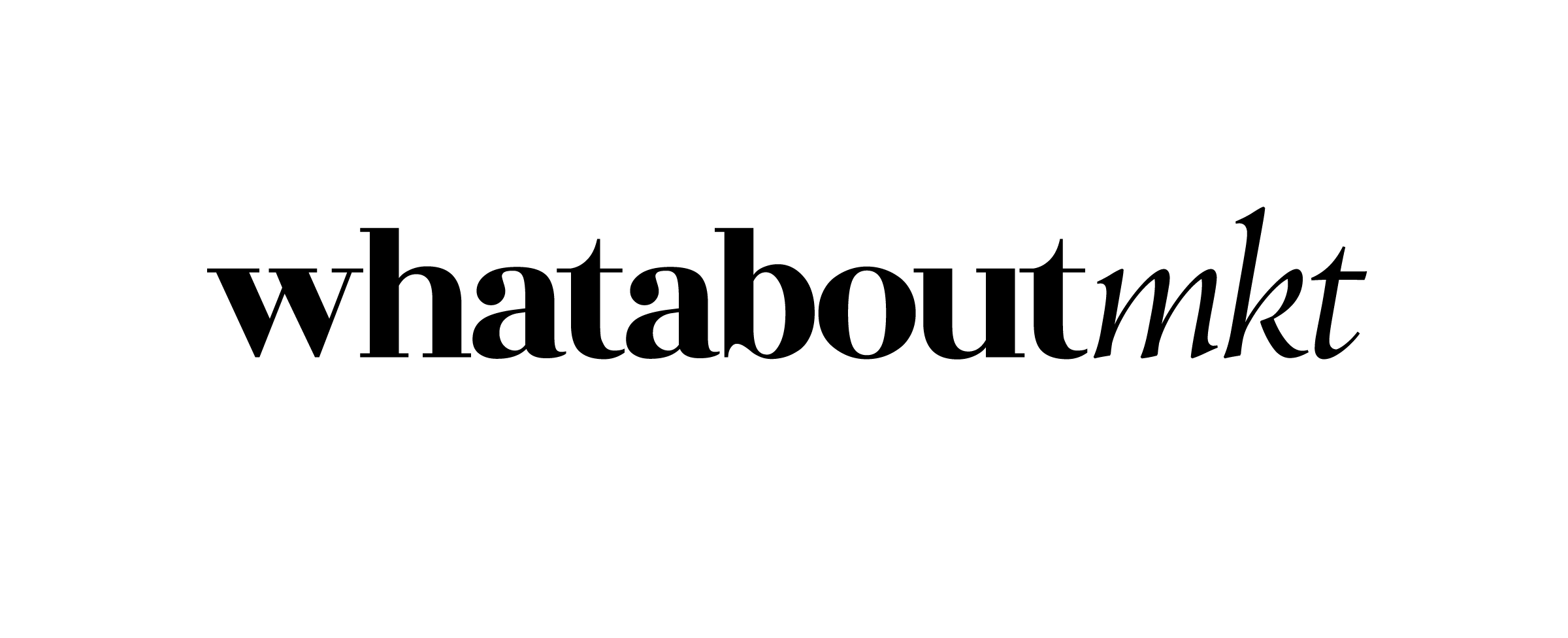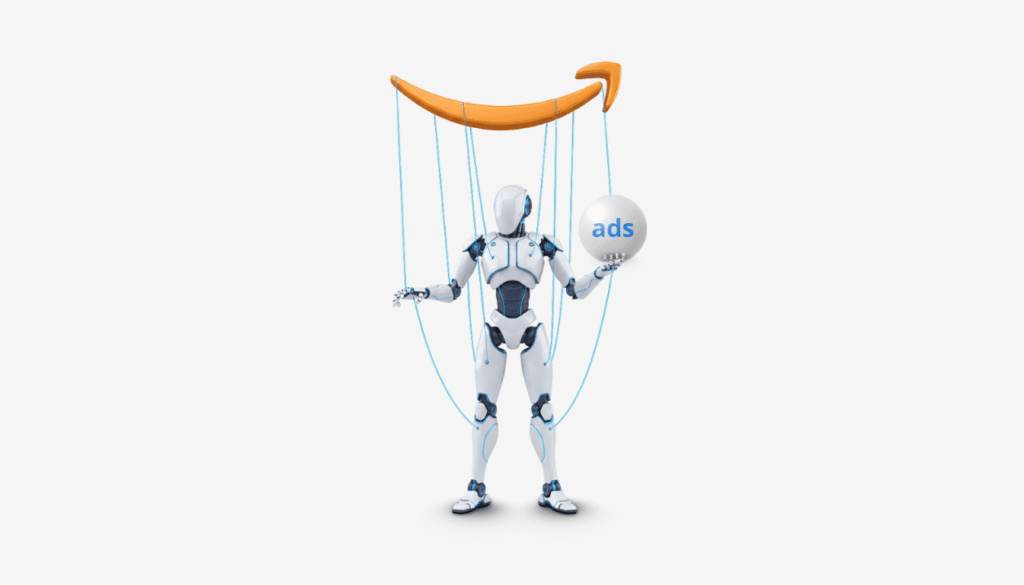2025 marks a pivotal moment for advertising as AI redefines what is possible. From automating processes to delivering personalized content at scale, AI is not just a tool—it is becoming the architect of modern marketing campaigns. Nevertheless, success in this new era requires more than just adoption; it demands careful strategy, ethical consideration, and a commitment to creativity. As Kenny Mitchell, Levi’s CMO, aptly noted, “If you want to break through…you need to think about entertainment.” Similarly, AI in advertising must enhance storytelling, engage audiences, and ultimately connect on a human level. The challenge lies not in embracing AI but in mastering its use to craft campaigns that resonate intellectually and emotionally.
The Promise and Risks of AI Investments in Advertising
AI’s integration into advertising has sparked optimism and skepticism alike. On one hand, the technology’s capabilities—ranging from hyper-personalization to generative content—are revolutionizing how brands interact with consumers. On the other hand, critics warn of a speculative “AI bubble,” where inflated expectations overshadow tangible outcomes. The debate revolves around whether the current momentum signifies sustainable progress or a fleeting surge driven by novelty.
Generative AI, including large language models (LLMs), offers transformative potential. Its applications, from optimizing search results to creating dynamic ad campaigns, demonstrate immediate value. However, questions about its long-term business viability remain. Unlike past speculative bubbles, the AI wave is backed by robust, well-established companies like Google and Meta. These corporations are integrating AI into their core strategies, ensuring investments are tied to tangible business objectives rather than hype. The deliberate approach suggests that the industry is exploring sustainable growth rather than engaging in a speculative frenzy.
Transforming Marketing with AI
AI’s impact on marketing is profound. It enables unprecedented personalization, allowing brands to craft campaigns tailored to individual preferences. For instance, tools like Meta Ads dynamically adjust creatives based on user engagement, ensuring higher relevance. Additionally, generative AI platforms streamline content creation, producing everything from ad copy to visuals with remarkable efficiency. Companies like Coca-Cola and Mondelez have embraced these innovations, using AI to scale campaigns and enhance creativity.
Yet, the influx of AI-driven content presents challenges. Oversaturation risks diluting originality, making it harder for brands to stand out. Moreover, the over-reliance on data-driven automation can alienate consumers, leading to skepticism or ad fatigue. The balance between technological efficiency and human creativity is critical to ensuring AI enhances rather than undermines marketing effectiveness.
Ethical and Creative Considerations
As AI’s influence grows, so do concerns about ethics and trust. Missteps in AI use, such as overly intrusive targeting or deceptive deepfake content, can damage a brand’s reputation. Transparency about AI’s role in campaigns is essential to maintaining consumer confidence. Furthermore, the commoditization of creativity—where AI-generated content becomes indistinguishable and ubiquitous—poses a risk to brand differentiation.
The solution lies in collaboration. By combining AI’s analytical precision with human ingenuity, marketers can create innovative and emotionally resonant campaigns. AI should serve as a tool to enhance storytelling and strategic execution rather than replace the creative process.
Navigating the AI-Driven Future
The marketing industry stands at the crossroads of opportunity and overhype. While AI offers remarkable potential to transform advertising, its widespread adoption must be cautiously approached. By focusing on strategic integration, ethical use, and the preservation of creativity, brands can harness AI’s strengths without falling victim to its pitfalls.
Ultimately, the question is not whether we are in an AI bubble but how marketers can ensure sustainable, meaningful growth. The future of advertising will be shaped by those who master the art of blending technology with human connection, leveraging AI to tell stories that inspire, engage, and endure.









